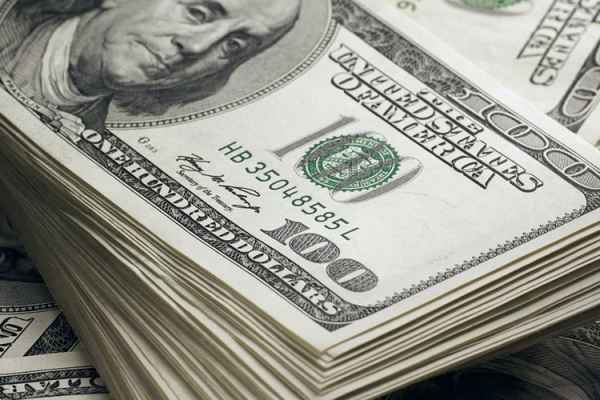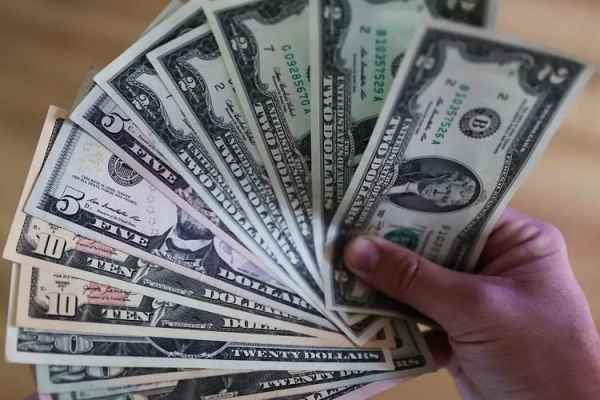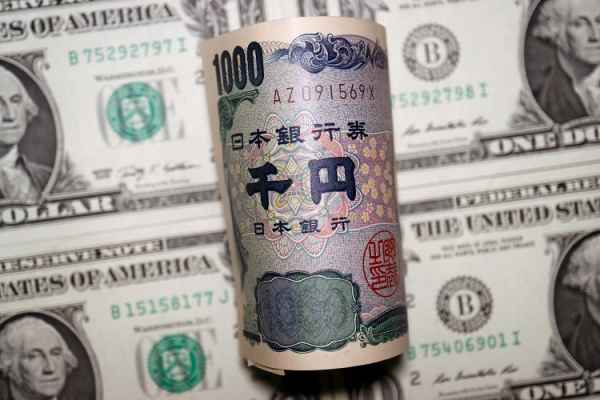Australia's Inflation data fell by a single digit in front of the comma, so it could be a reason not to raise interest rates again.
The AUD/USD rate experienced a brief rally yesterday following China's intervention to address the weakening yuan. However, in today's Asian session (June 28), AUD/USD slumped, reaching a low of 0.6619. This decline can be attributed to the release of Australian inflation data, which indicates a potential reason for the Reserve Bank of Australia (RBA) to hold off on further interest rate hikes.

According to the Australian Bureau of Statistics (ABS), the Consumer Price Index (CPI) growth as of May 2023 registered at 5.6% year-over-year. This figure represents a slowdown from the previous period's 6.8% increase and falls short of the consensus expectation of 6.1% growth for the same period. The decline in the inflation rate can be attributed to lower fuel prices, reduced accommodation costs, and decreased holiday travel expenses.
The market responded swiftly to this news by revising expectations for Australian interest rate increases. Furthermore, the minutes from the RBA's June meeting revealed hesitancy among some officials regarding interest rate hikes. At the upcoming RBA meeting, market data indicates a less than 20% probability of a 25 basis point increase in Australian interest rates.
"AUDUSD dropped by 0.9% to 0.6619 after Australia's CPI indicator for May was much weaker than expected," says Joseph Capurso, a strategist at Commonwealth Bank of Australia. "We agree there is a small chance of a rate hike in July. With little additional news about a Chinese government economic stimulus package, the path of least resistance for AUD/USD is down. AUDUSD can test 0.6547 this week."
Some other analysts have different opinions. Australia's inflation data, excluding vacation costs and fuel prices, recorded a 6.4% increase in May 2023, slightly down from the 6.5% increase in the previous period. If the RBA wants to be genuinely persistent in "fighting inflation," they should raise interest rates again. In this scenario, next week's RBA announcement could trigger turmoil in the money market.

 Dedicated FREE FOREX VPS
Dedicated FREE FOREX VPS Free FOREX Virtual Private Server
Free FOREX Virtual Private Server MT4 Demo Contest, Get $500
MT4 Demo Contest, Get $500 Sign Up for an Account, Claim 60% Deposit Bonus
Sign Up for an Account, Claim 60% Deposit Bonus Free MT4/MT5 VPS 2024
Free MT4/MT5 VPS 2024 Send E-mail and Get Free Merchandise
Send E-mail and Get Free Merchandise $1K Refer a Friend Bonus for Pepperstone Pro clients
$1K Refer a Friend Bonus for Pepperstone Pro clients Maximize Your Earnings with 100% Deposit bonus
Maximize Your Earnings with 100% Deposit bonus Trade to Win, $5,000 Monthly Demo Contest
Trade to Win, $5,000 Monthly Demo Contest Claim 30% + 15% Deposit Bonus from LiteFinance
Claim 30% + 15% Deposit Bonus from LiteFinance






